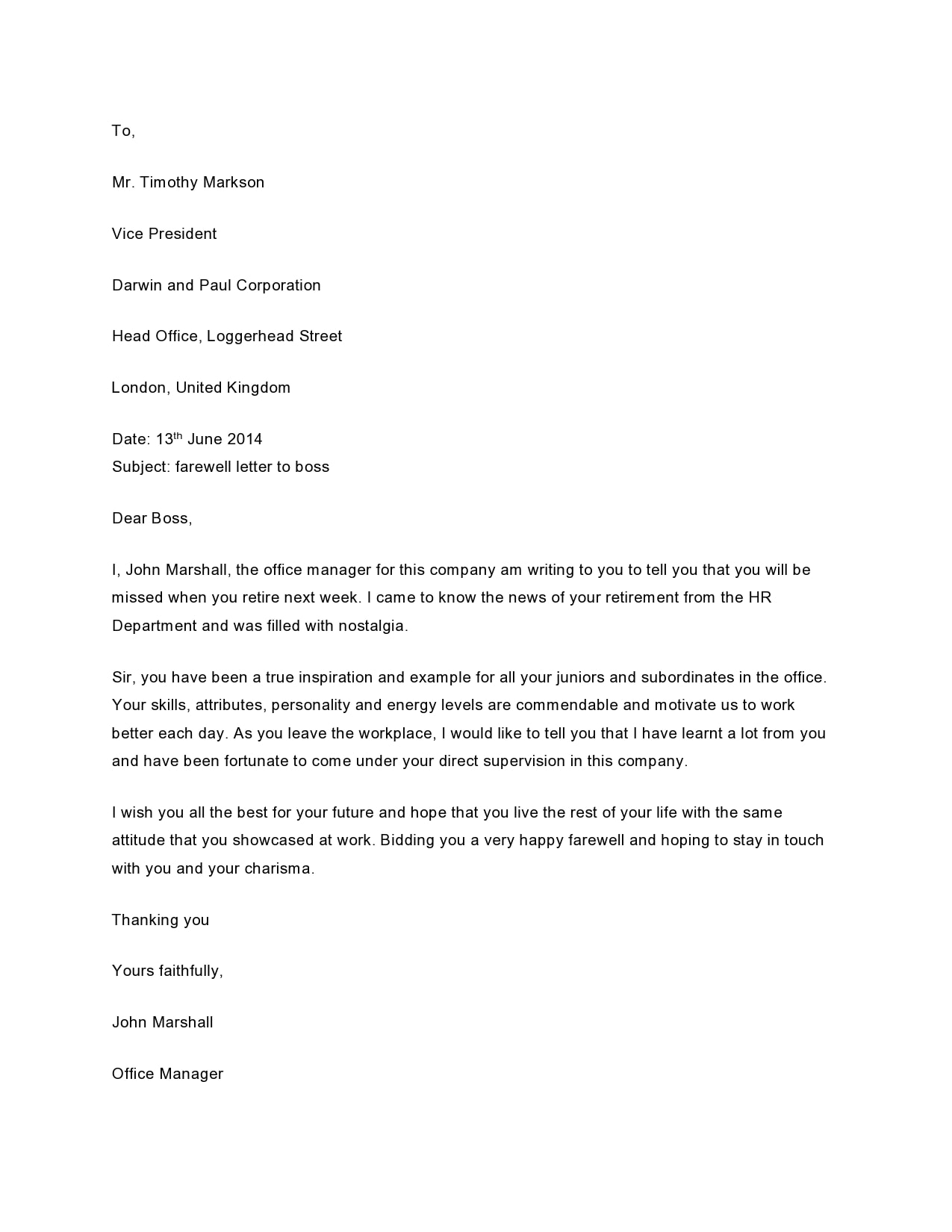How To Tell Your Boss You're Leaving
:max_bytes(150000):strip_icc()/2060865a-a00dd037c25547df8a83c13bb57cd695.jpg)
The resignation conversation: a pivotal moment in any professional's career. Navigating this discussion with grace and strategy can significantly impact your future prospects and maintain positive relationships with former employers.
This article offers a comprehensive guide on how to effectively inform your boss of your departure. It will offer advice on crafting your message, timing the announcement, and managing the transition process. The goal is to equip you with the tools to leave your current role on a high note.
Preparing for the Conversation
Before uttering a word, self-reflection is paramount. Are you absolutely certain about your decision to leave? Consider the pros and cons of your current position alongside the opportunities awaiting you. Clarity will lend confidence to your delivery.
Next, document your reasons for leaving. This isn't about airing grievances, but having concrete, professional explanations prepared. Perhaps the new role offers significant career advancement or aligns better with your long-term goals.
Crafting Your Resignation Letter
A written resignation letter serves as a formal record of your departure. According to Society for Human Resource Management (SHRM), a well-written resignation letter should include the date, your intention to resign, your last day of employment, and an expression of gratitude for the opportunity.
Keep the tone professional and positive. Avoid negativity or critical comments about the company or its employees. Focus on what you've learned and accomplished during your tenure.
"It is crucial to maintain professionalism during your exit," advises Lisa Orbé-Austin, a career psychologist. "Your reputation is your most valuable asset."
The Resignation Meeting
Request a private meeting with your manager. Choose a time when you can both dedicate uninterrupted time to the conversation.
Deliver the news in person, if possible. According to a 2022 survey by Gallup, face-to-face communication is generally preferred for sensitive discussions, fostering a sense of respect and transparency. A phone call is the next best option, especially if remote work is the norm.
Be direct and concise. State your intention to resign early in the conversation. Hand over your resignation letter during the meeting.
Express gratitude for the opportunities you've been given. Acknowledge the experiences and skills you've gained during your time at the company. This simple act can preserve goodwill.
Be prepared to answer questions. Your manager will likely inquire about your reasons for leaving, your new role, and your planned departure date. Answer honestly and professionally.
Offer assistance with the transition. Express your willingness to help train your replacement or document your key responsibilities. This demonstrates your commitment to a smooth handover.
Handling Counteroffers
Be prepared for the possibility of a counteroffer. Your manager may attempt to persuade you to stay by offering a higher salary, better benefits, or increased responsibilities.
Carefully consider any counteroffer, but don't be swayed by superficial improvements. According to a Harvard Business Review article, employees who accept counteroffers often leave within a year anyway, either because the underlying issues remain unresolved or because they feel guilty or undervalued.
If you're genuinely interested in the counteroffer, take the time to evaluate it thoroughly. Discuss the details with your family and trusted advisors before making a decision. If you decline, reiterate your gratitude and your reasons for leaving.
Navigating the Transition Period
Once your resignation is accepted, focus on ensuring a smooth transition. Work closely with your manager and colleagues to document your processes and train your replacement.
Complete any outstanding projects or tasks, if possible. Tie up loose ends and leave the company in a better state than you found it.
Maintain a positive attitude throughout your remaining time at the company. Don't slack off or become disengaged. Your professionalism during this period will leave a lasting impression.
Say your goodbyes gracefully. Thank your colleagues for their support and offer them your contact information. Maintaining these relationships can be invaluable in the future.
Looking Ahead
Leaving a job is a significant decision, but with careful planning and execution, it can be a positive experience. By following these guidelines, you can navigate the resignation process with professionalism and grace, leaving your current role on good terms and setting yourself up for future success. Remember, your final actions will define your lasting legacy at the company.










:max_bytes(150000):strip_icc()/how-to-tell-your-boss-you-re-quitting-your-job-2063035_FINAL-5b88037cc9e77c002cc6f46c.png)







